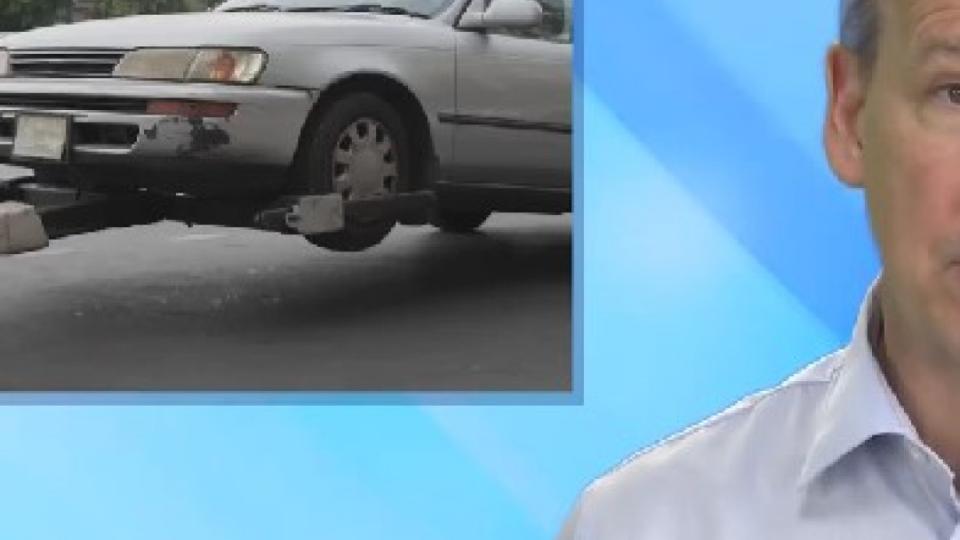We love helping consumers out when they get in a jam. This time, our consumer Melinda reached out because her mother’s car was illegally repossessed!
Unfortunately, we haven’t heard back from Melinda yet with the details of her case. But this situation isn’t uncommon, so we wanted to share some helpful information in case you find yourself having a similar issue.
So here are some facts about vehicle repossession.
A lender can repossess a vehicle if you default on the loan or lease. If that happens, the lender may legally have someone repossess (take possession of) the vehicle in question without your knowledge.
In many states, repo agents are even allowed to go on private property in order to reclaim vehicles that are in default. However, they are not allowed to go into homes or garages or beyond fences or gates.
If you find yourself in this situation, all is not lost. You typically have an opportunity to reclaim a repossessed vehicle once you pay the balance due on the loan… Along with any additional fees or surcharges.
Unfortunately, if you don’t make payment quickly, the lender is within their legal rights to sell repossessed vehicles and hold borrowers responsible for the remaining loan amounts. So even if the lender resells your vehicle, you are still on the hook for your debt.
Vehicle repossession laws vary by state, so if you’re not sure about the laws in your state, speak with an attorney. Check your loan or lease terms, as well. It will define what constitutes a default - it can be as simple as missing one payment. So make sure you understand the loan agreement and the potential consequences of defaulting or missing a payment.
If you’re having trouble repaying a loan, always reach out to talk to your lender as soon as possible. Many of them are willing to work with borrowers rather than go through the hassle of a repo.
This advice goes for any kind of loan. It WILL save you a lot of trouble!

